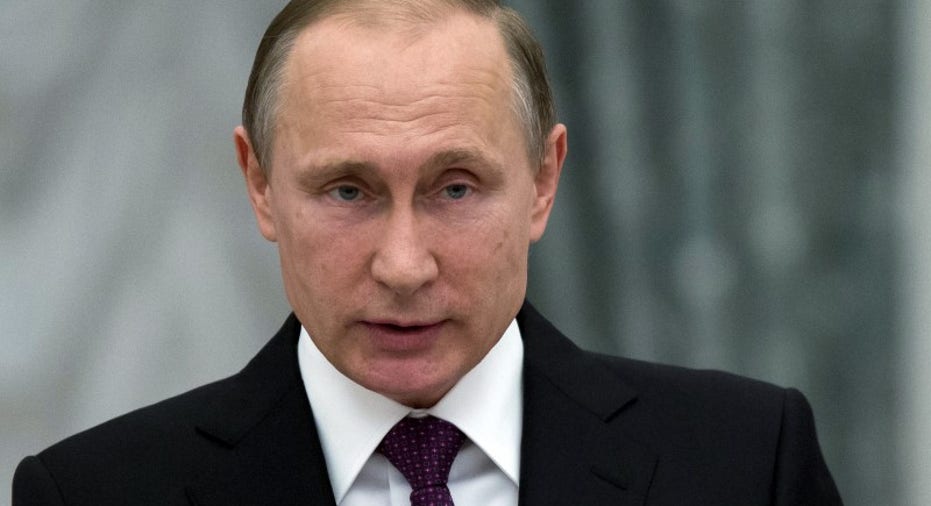EU Tries to Hold Firm on Russia Sanctions

Supporters of the European Union's economic sanctions against Russia insisted on Monday they were still needed for the bloc's security amid signs of fraying unity in the 28-nation bloc over how to deal with Moscow.
The EU imposed the sanctions two years ago over Moscow's annexation of Ukraine's Crimea peninsula and its support for armed separatists battling Kiev's forces in mainly Russian-speaking eastern Ukraine.
But while some EU member states such as the Baltic republics and Poland argue that sanctions remain a necessary response to what they see as an expansionist Russia, others stress the importance of Moscow as a trade partner, a supplier of energy and a key player in helping to end the Syria crisis.
Lithuania's foreign minister, whose country was part of the Soviet Union and controlled by Moscow until 1990, said the need to engage with Russia over Syria did not mean the EU should compromise in its support for Ukraine's territorial integrity.
"We have to take a sober look at where we are. We should not mix things up. Our security should be first," said Linas Linkevicius as he arrived for a regular meeting of EU foreign ministers in Brussels on Monday.
Echoing that stance, British Foreign Secretary Philip Hammond said: "We have to be robust in making our case and defending our principles, our values and our borders in Europe."
The EU's energy, financial and defense sanctions are up for renewal in July.
At Monday's meeting, EU policy on Russia will be a formal item on the agenda for the first time in more than a year and the bloc's foreign policy chief Federica Mogherini hopes it will "reaffirm the bloc's sense of unity", according to one diplomat.
DIVISIONS
But tellingly, diplomats said the discussions would not touch on the sanctions issue for fear of exacerbating the divisions. Instead, EU officials who help marshal the bloc's foreign policy will try to gauge the mood of ministers before sanctions can be discussed by EU leaders at a summit in June.
"I expect a real assessment of the situation, since now in Europe we have differing opinions of where we stand in relations with Russia," said Polish Foreign Minister Witold Waszczykowski.
Italy, Greece, Cyprus and Hungary are among the EU states most skeptical about the sanctions, while European farmers who once exported heavily to Russia want to see markets reopen. Moscow has imposed its own tit-for-tat sanctions against many EU food imports.
Italian Prime Minister Matteo Renzi briefly held up a decision to extend the sanctions late last year, saying they could not be rushed through.
However, the United States says lifting Western sanctions are conditional on Russia complying with the terms of the Minsk peace process, which require it to withdraw all heavy weapons and troops from Ukraine. Moscow denies any military involvement.
"Today Russia faces a choice between the continuation of economically damaging sanctions and fully meeting its obligations under Minsk. Moscow is well aware of what it must do and our message today is that we will persist in our policy until that happens," U.S. Secretary of State John Kerry said on Sunday in Paris.
In comments that some EU diplomats took as Moscow pressing for sanctions relief, Russian Foreign Minister Sergei Lavrov said on Sunday he hoped the United States would be willing to compromise on the Minsk peace process for Ukraine.
(Additional reporting by John Irish in Paris; Writing by Robin Emmott; Editing by Gareth Jones)



















